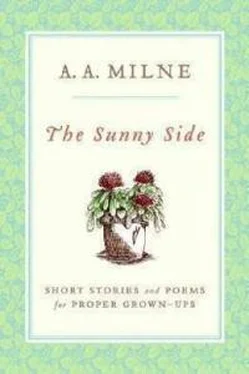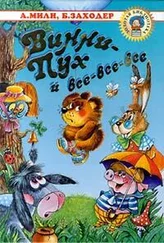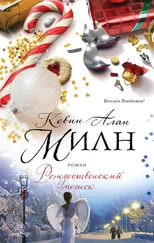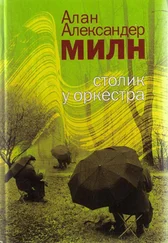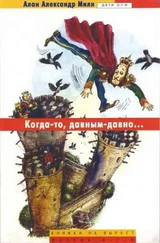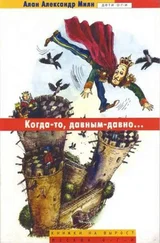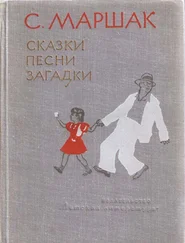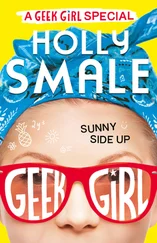The Sunny Side
Short Stories and Poems for Proper Grown-Ups
A. A. Milne
To Owen Seaman
Affectionately in Memory of Nine Happy Years at the "Punch" Office
My publisher wants me to apologize for—"introduce" was the kindly word he used—this collection of articles and verses from Punch . I do so with pleasure.
Among the many interests of a long and varied career —
No, I don't think I shall begin like that.
It was early in 1871 —
Nor like that.
Really it is very difficult, you know. I wrote these things for a number of years, and—well, here they are. But just to say "Here they are" is to be too informal for my publisher. He wants, not a casual introduction, but a presentation. Let me tell you a little story instead.
When war broke out, I had published three of these books in England, the gleanings of nine years' regular work for Punch . There are, I understand, a few Americans who read Punch , and it was suggested to me that a suitable collection of articles from these three books might have some sort of American sale. So I made such a collection, leaving out the more topical and allusive sketches, and including those with a more general appeal. I called the result "Happy Days"—an attractive title, you will agree—and in 1915 a New York publisher was found for it.
This is a funny story; at least it appeals to me ; so I won't remind myself of the number of copies which we sold. That was tragedy, not comedy. The joke lay in one of the few notices which the book received from the press. For a New York critic ended his review of "Happy Days" with these immortal words:
" Mr. Milne is at present in the trenches facing the German bullets, so this will probably be his last book ."
You see now why an apology is necessary. Here we are, seven years later, and I am still at it.
But at any rate, it is the last of this sort of book. As I said in a foreword to the English edition: "It is the last time because this sort of writing depends largely upon the irresponsibility and high spirits of youth for its success, and I want to stop before (may I say 'before'?) the high spirits become mechanical and the irresponsibility a trick. Perhaps the fact that this collection is final will excuse its air of scrappiness. Odd Verses have crept in on the unanswerable plea that, if they didn't do it now, they never would; War Sketches protested that I shouldn't have a book at all if I left them out; an Early Article, omitted from three previous volumes, paraded for the fourth time with such a pathetic 'I suppose you don't want me ' in its eye that it could not decently be rejected. So here they all are."
One further word of explanation. You may find the first section of this book—"Oranges and Lemons"—a little difficult. The characters of it are old friends to that limited public which reads my books in England; their earlier adventures have been told in those previous volumes (and purposely omitted from "Happy Days" as being a little too insular). I feel somehow that strangers will not be on such easy terms with them, and I would recommend that you approach them last. By that time you will have discovered whether you are in a mood to stop and listen to their chatter, or prefer to pass them by with a nod.
A.A. M.
Part I
Oranges and Lemons
"Dear Myra," wrote Simpson at the beginning of the year—"I have an important suggestion to make to you both, and I am coming round to–morrow night after dinner about nine o'clock. As time is so short I have asked Dahlia and Archie to meet me there, and if by any chance you have gone out we shall wait till you come back.
"Yours ever,
"SAMUEL
"P.S.—I have asked Thomas too."
* * * * *
"Well?" said Myra eagerly, as I gave her back the letter.
In deep thought I buttered a piece of toast.
"We could stop Thomas," I said. "We might ring up the Admiralty and ask them to give him something to do this evening. I don't know about Archie. Is he—"
"Oh, what do you think it is? Aren't you excited?" She sighed and added, "Of course I know what Samuel is ."
"Yes. Probably he wants us all to go to the Zoo together … or he's discovered a new way of putting, or—I say, I didn't know Archie and Dahlia were in town."
"They aren't. But I expect Samuel telegraphed to them to meet him under the clock at Charing Cross disguised, when they would hear of something to their advantage. Oh, I wonder what it is. It must be something real this time."
Since the day when Simpson woke me up at six o'clock in the morning to show me his stance–for–a–full–wooden–club shot I have distrusted his enthusiasms; but Myra loves him as a mother; and I—I couldn't do without him; and when a man like that invites a whole crowd of people to come to your flat just about the time when you are wondering what has happened to the sardines on toast—well, it isn't polite to put the chain on the door and explain through the letter–box that you have gone away for a week.
"We'd better have dinner a bit earlier to be on the safe side," I said, as Myra gave me a parting brush down in the hall. "If any further developments occur in the course of the day, ring me up at the office. By the way, Simpson doesn't seem to have invited Peter. I wonder why not. He's nearly two, and he ought to be in it. Myra, I'm sure I'm tidy now."
"Pipe, tobacco, matches, keys, money?"
"Everything," I said. "Bless you. Goodbye."
"Good–bye," said Myra lingeringly. "What do you think he meant by 'as time is so short'?"
"I don't know. At least," I added, looking at my watch, "I do know. I shall be horribly late. Good–bye."
I fled down the stairs into the street, waved to Myra at the window … and then came cautiously up again for my pipe. Life is very difficult on the mornings when you are in a hurry.
At dinner that night Myra could hardly eat for excitement.
"You'll be sorry afterwards," I warned her, "when it turns out to be nothing more than that he has had his hair cut."
"But even if it is, I don't see why I shouldn't be excited at seeing my only brother again—not to mention sister–in–law."
"Then let's move," I said. "They'll be here directly."
Archie and Dahlia came first. We besieged them with questions as soon as they appeared.
"Haven't an idea," said Archie, "I wanted to bring a revolver in case it was anything really desperate, but Dahlia wouldn't let me."
"It would have been useful too," I said, "if it turned out to be something merely futile."
"You're not going to hurt my Samuel, however futile it is," said Myra. "Dahlia, how's Peter, and will you have some coffee?"
"Peter's lovely. You've had coffee, haven't you, Archie?"
"Better have some more," I suggested, "in case Simpson is merely soporific. We anticipate a slumbering audience, and Samuel explaining a new kind of googlie he's invented."
Entered Thomas lazily.
"Hallo," he said in his slow voice. "What's it all about?"
"It's a raid on the Begum's palace," explained Archie rapidly. "Dahlia decoys the Chief Mucilage; you, Thomas, drive the submarine; Myra has charge of the clockwork mouse, and we others hang about and sing. To say more at this stage would be to bring about a European conflict."
"Coffee, Thomas?" said Myra.
"I bet he's having us on," said Thomas gloomily, as he stirred his coffee.
There was a hurricane in the hall. Chairs were swept over; coats and hats fell to the ground; a high voice offered continuous apologies—and Simpson came in.
Читать дальше
